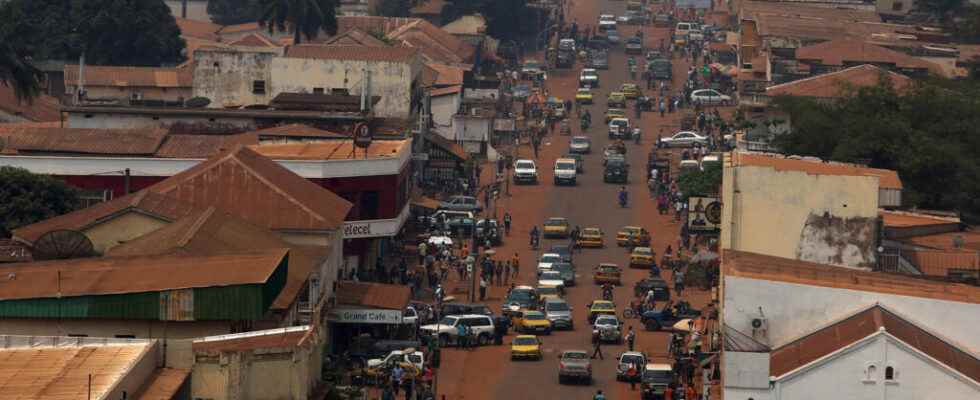In the Central African Republic, two days after the increase of up to 80% in fuel prices by the government, most users say they are asphyxiated. Some taxi and bus drivers have doubled the price of trips, contrary to the decision of the authorities which prohibits this. Some individuals complain about this change which has upset their daily lives.
For several weeks, long queues have been taking place daily in front of service stations in Bangui, says our correspondent in Bangui, Rolf Steve Domia-Leu. The 80% increase in fuel prices did not allow Aubin, a taxi driver to refuel easily: “ To get it, it’s from three o’clock, you have to negotiate with the gas station attendants to give them something, and you have to queue. It might take a whole day to get it. »
At a downtown bus stop, Roger desperately waits for a transit vehicle: “ I finished the activities in town, it’s time for me to go home. But I’m here because taxis have raised prices, motorbikes have raised prices. »
Antoine, a pensioner, proposes to the government to review the prices downwards: “ It’s true that there could be increases, but in any case, the level at which the government set the rates, there, really, is exaggerated. »
The authorities are aware of this situation, but remain convinced that this is the best decision. Arthur Bertrand Piri, Minister of Energy: “ The benefits are that the state will effectively collect taxes on the sale of these products – I estimated around 1.5 billion, even 2 billion, or more – now allowing the government to carry out its missions properly and well. These prices will remain as such until further notice.
Not enough consumer support according to the opposition
For its part, the Republican Bloc for the Defense of the Constitution (BRDC), the main coalition of opponents, recognizes that the rise could not be avoided. But his spokesperson Martin Ziguélé deplores abrupt decision-making, without consultation or support for consumers and businesses:
“ When you decide to raise the price of all petroleum products in a country where 70% of the population lives on less than $2 a day, which is ranked 188th out of 191 on the human development index, it is that is to say an extremely poor country and a country truly in misery, you are leaning much more towards accompanying measures. In any case, discuss with the social partners before taking the measure, as is done in all responsible and worthy states. So, if it’s not an anti-social policy, I would like someone to tell me what it’s called. »
